Tag: API
-
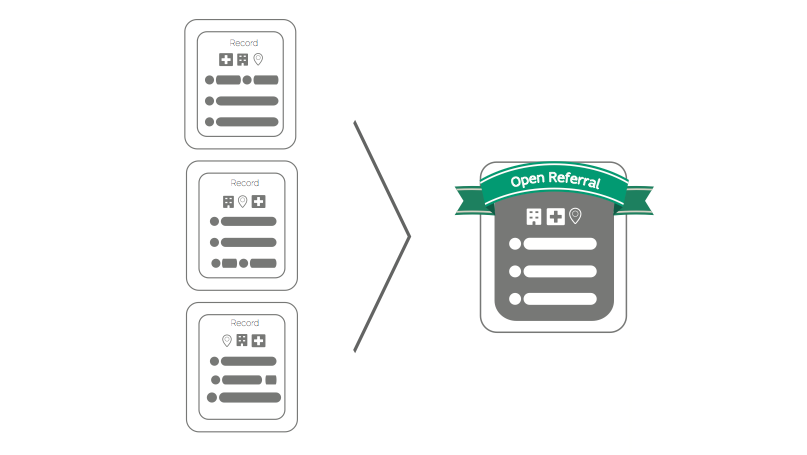
Upgrading the Human Service Data Specifications: 2022 development cycle underway
As Open Referral’s network grows – involving more stakeholders in the development of interoperable resource directory information supply chains – our tools and practices must evolve in kind to support more complex needs. So we are excited to share that Open Referral has initiated a new development cycle to upgrade the Human Service Data Specifications.…
-
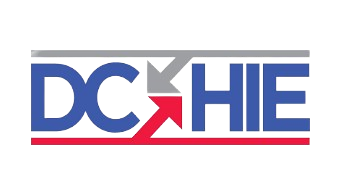
Evolving the DC Community Resource Information Exchange’s Inventory Capabilities
In the District of Columbia, we’re developing a new approach to the very old problem of resource directory information management. Years ago we shared the story of the first phase of our work here on this blog, and we’re now excited to share results from our second phase. The DC Community Resource Information Exchange initiative…
-
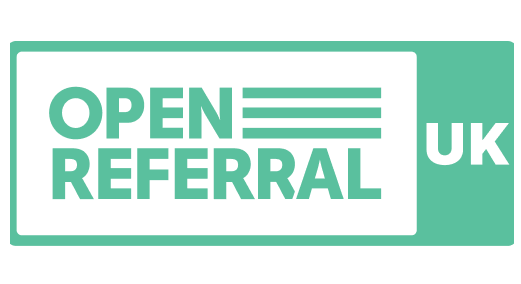
UK Government endorses Open Referral UK
Welcome back to our blog Mike Thacker of Porism Limited. Porism is a technical partner of the Local Government Association (LGA), a membership organisation of English local authorities which owns the Improvement and Development Agency for local government (IDeA). Porism also works with iStandUK, a local government standards body that promotes efficiency, transformation, and transparency of local…
-
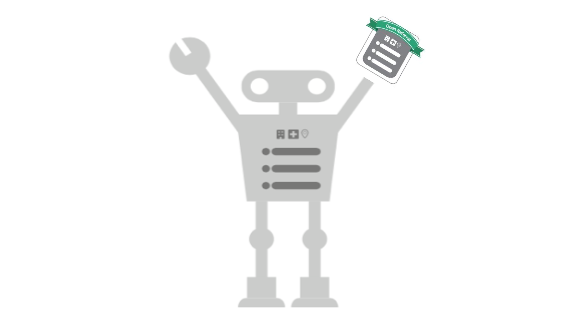
Upgrading the Human Service Data API protocols to 2.0
[Ed: This post is from Kin Lane, author of initial Human Service Data API protocols, and now Chief Evangelist at Postman, an API development platform. Welcome back, Kin!] Now that the Open Referral Initiative has upgraded to version 2 of the Human Service Data Specification (HSDS), we’re commencing a subsequent upgrade to version 2 of…
-
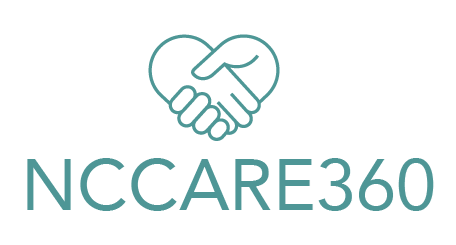
Introducing NCCARE360: a coordinated statewide resource referral platform
[This post is from Laura Marx, President and CEO of United Way of North Carolina. Welcome, Laura!] In 2019, the first statewide health and human service care coordination platform launched in North Carolina: NCCARE360. Part of a broader healthy opportunities network envisioned by the state Department of Health and Human Services (NC DHHS) — NCCARE360…
-
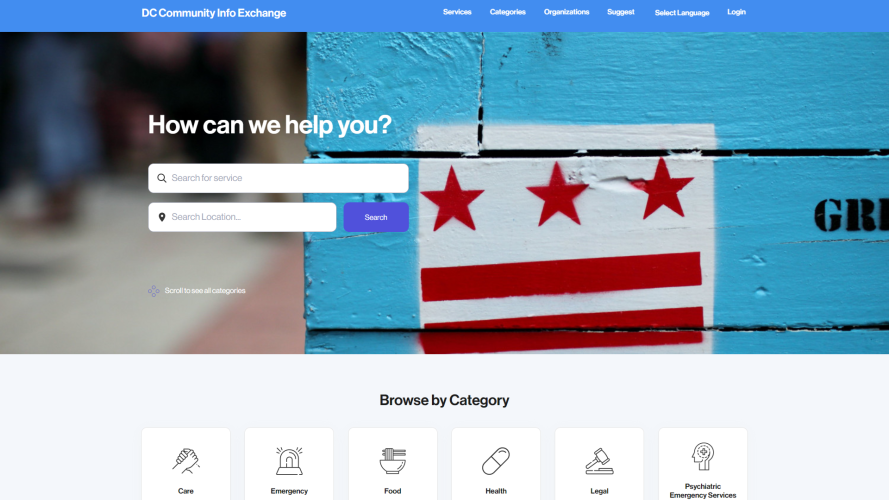
Presenting ORServices 3.0: a Complete Laravel-based Open Referral Directory Solution
I’m happy to announce that Sarapis is releasing a Laravel-based Open Referral Directory Solution (ORServices) as open source code! This software enables anyone to create their own community resource directory information system — with a level of design and functionality that is comparable to proprietary resource directory software systems that are available on the market.…
-
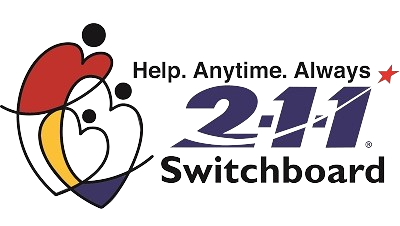
Miami Open211: developing new business models for resource data-as-a-service
Open Referral has been helping the Miami-Dade 2-1-1 Helpline explore new kinds of partnership models that can deepen the impact of their operations while enhancing the sustainability of their program. (In 2017, we reported on the first phase of our … Continue reading →
-
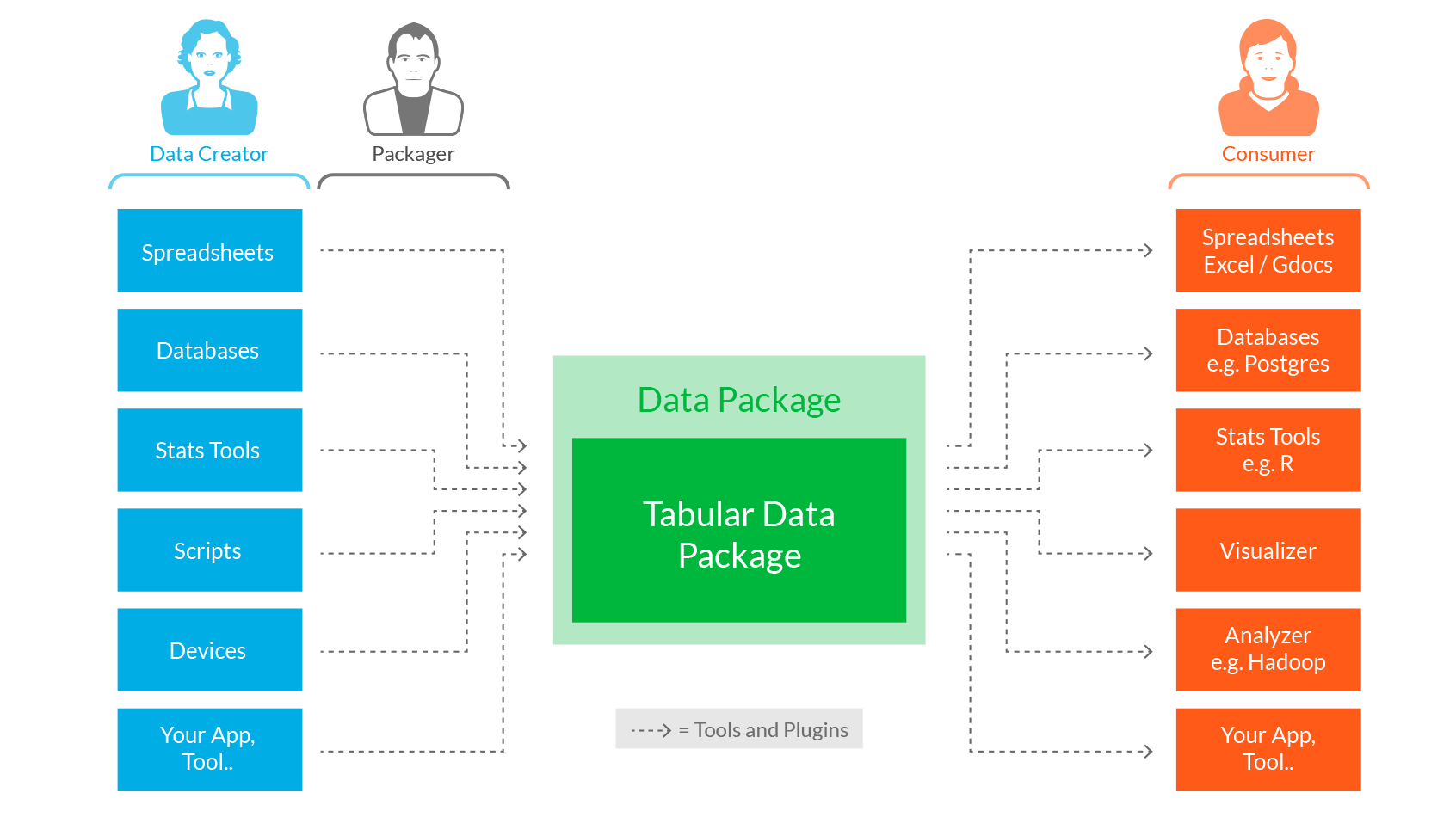
Introducing Open Referral’s data transformation toolkit
We’re excited to introduce a set of tools that make it easier to standardize resource data. Community resource directory data (i.e., information about health, human, and social services available to people in need) is deceptively complex. In order to accurately represent the relationships between organizations, the services they provide, and the locations they are offered,…
-
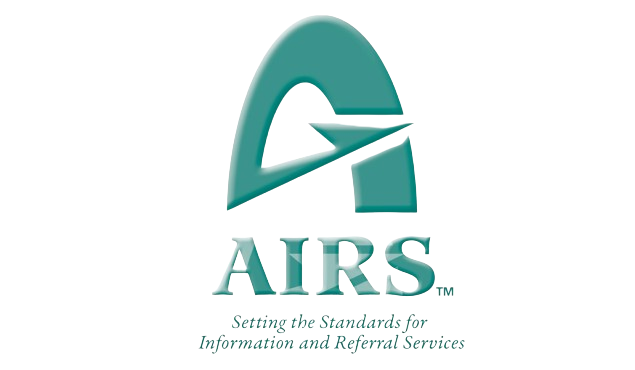
AIRS Recommends Open Referral’s HSDS for Resource Database Interoperability
On behalf of the Alliance of Information and Referral Systems (AIRS), I am pleased to announce that the AIRS Board has moved to promote the adoption Open Referral’s Human Service Data Specification and API protocols as methods of establishing interoperability among resource databases and associated technologies. Our aim is to create secure, controlled and affordable…
